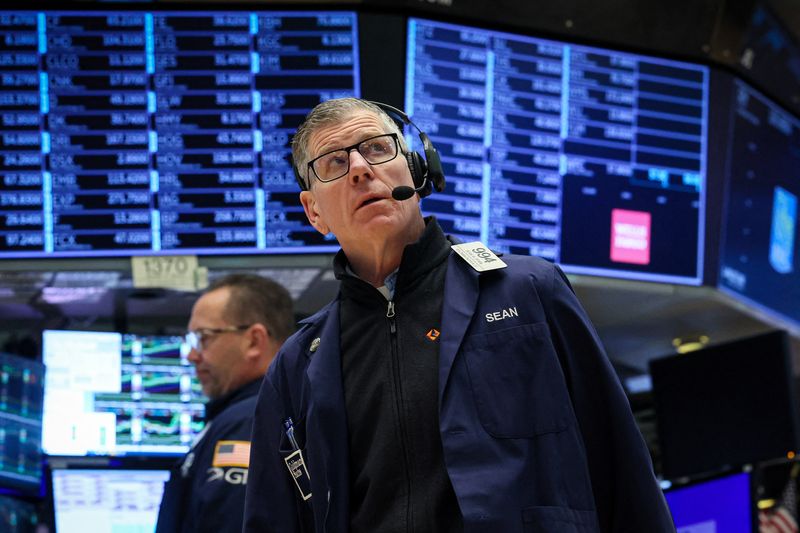Investing.com -- After the market reopened following the Labor Day weekend, tech stocks faced significant pressure in a broader risk-off market. However, analysts at Wedbush remain unphased by the latest sell-off, emphasizing that their "tech bull thesis remains unchanged."
"While we recognize the bumpy macro/job data and the drumroll for the US Presidential elections into November, we view this sell-off in tech stocks as a buying opportunity for our core winners in this AI Revolution,” Wedbush analysts said in a Tuesday note.
The investment firm highlighted last week's Nvidia (NASDAQ:NVDA) earnings and conference call as a key moment in solidifying the AI bull case.
Although the immediate reaction to Nvidia's strong results and guidance was muted, they believe that demand for AI is surpassing supply considerably. With concerns over Blackwell delays now addressed, analysts see no major obstacles to the continued growth of the AI sector heading into year-end, despite some recession concerns.
"The stage is set for tech stocks to move higher into year-end and 2025, in our opinion," analysts wrote, as they expect the Federal Reserve to begin cutting rates, the economy to experience a soft landing, and AI spending to drive a long-term, generational shift in tech investment.
Wedbush continues to estimate that for every $1 spent on an Nvidia GPU chip, there is an $8-$10 multiplier across the tech sector, reinforcing their bullish stance on tech stocks for the year ahead.
“Taking a step back, Nvidia has changed the tech and global landscape as its GPUs have become the new oil and gold in the IT landscape with its chips powering the AI Revolution and being the only game in town for now,” Wedbush’s team continued.
Nvidia shares plunged 9.5% on Tuesday, marking the largest single-day loss in market value for a U.S. company and erasing $279 billion in capitalization, as investor enthusiasm for AI cooled amid weak economic data and a broad market selloff.
The broader PHLX Semiconductor Sector chip index also fell 7.75%, its steepest drop since 2020.
